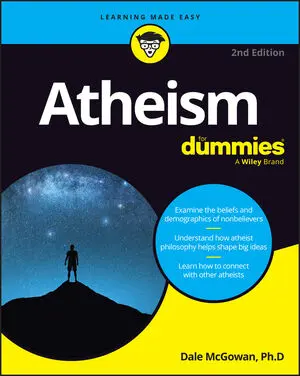The gender balance isn’t the only thing that’s shifting in the atheist landscape; in recent years, the movement has also gained a much greater presence of nonwhite nonbelievers.
Religion has never just been about beliefs. It’s also about community and identity and a whole lot more. This is especially true in racial or cultural minority communities.
The French-speaking Québecois are a prime example, their Catholicism wrapped up so tightly with their Frenchness that it ends up having literally nothing to do with beliefs. Many of those Québec Catholics who no longer believe in God keep calling themselves Catholic so they don’t disappear into the Protestant English speakers around them.
The same is true in communities of color surrounded by white majorities. African American atheists like Sikivu Hutchinson and Norm Allen have written powerfully about the especially strong, angry reaction they get from others in the black community when they identify as atheists, as if they’re renouncing not just God but their race and community as well.
Ditto for Latinos, for whom Catholicism is often a big part of cultural identity.
Despite those challenges, the landscape is shifting. In 1990, just 6 percent of African Americans identified as nonreligious. By 2008, that number had nearly doubled to 11 percent. You can also see the shifting landscape among the nonreligious overall:
In 1990, nonreligious Americans were 80 percent white, 10 percent black, and 4 percent Hispanic
By 2008, nonreligious Americans were 72 percent white, 8 percent black, and 12 percent Hispanic
In other words, the general population is looking more nonreligious, and the nonreligious are looking more like the general population. Like the presence of more women, the greater presence in recent years of African Americans, Hispanics, and other nonbelievers of color in organized atheism and humanism is another force increasing the focus on social justice and humanitarian work among atheists and humanists.





